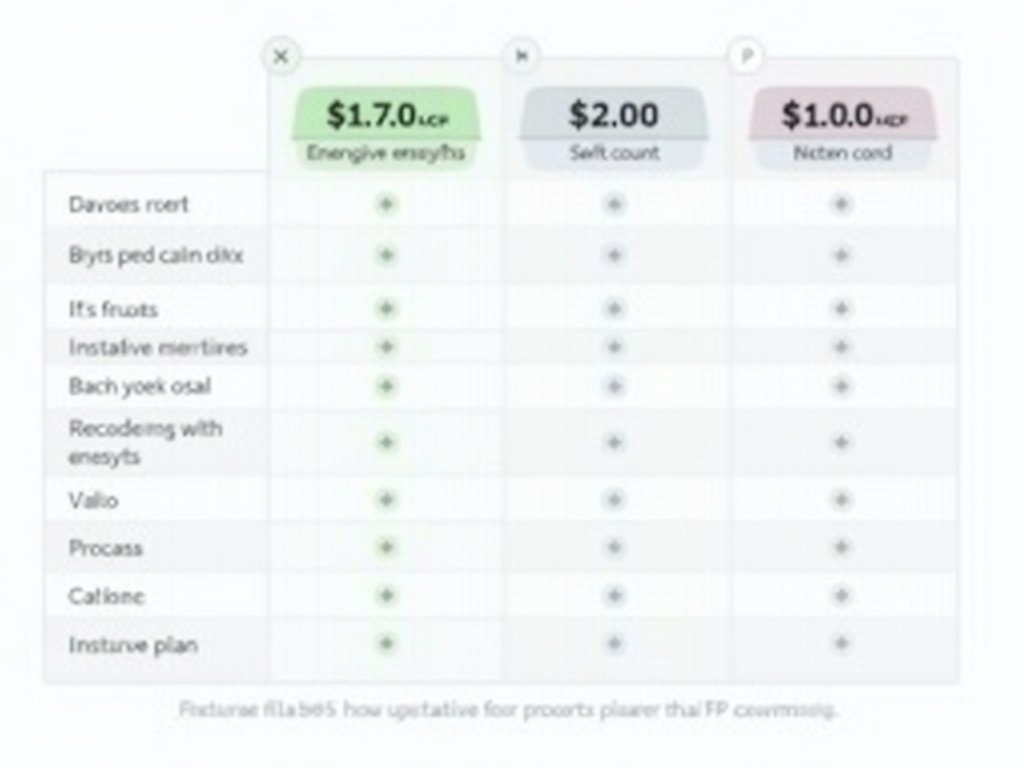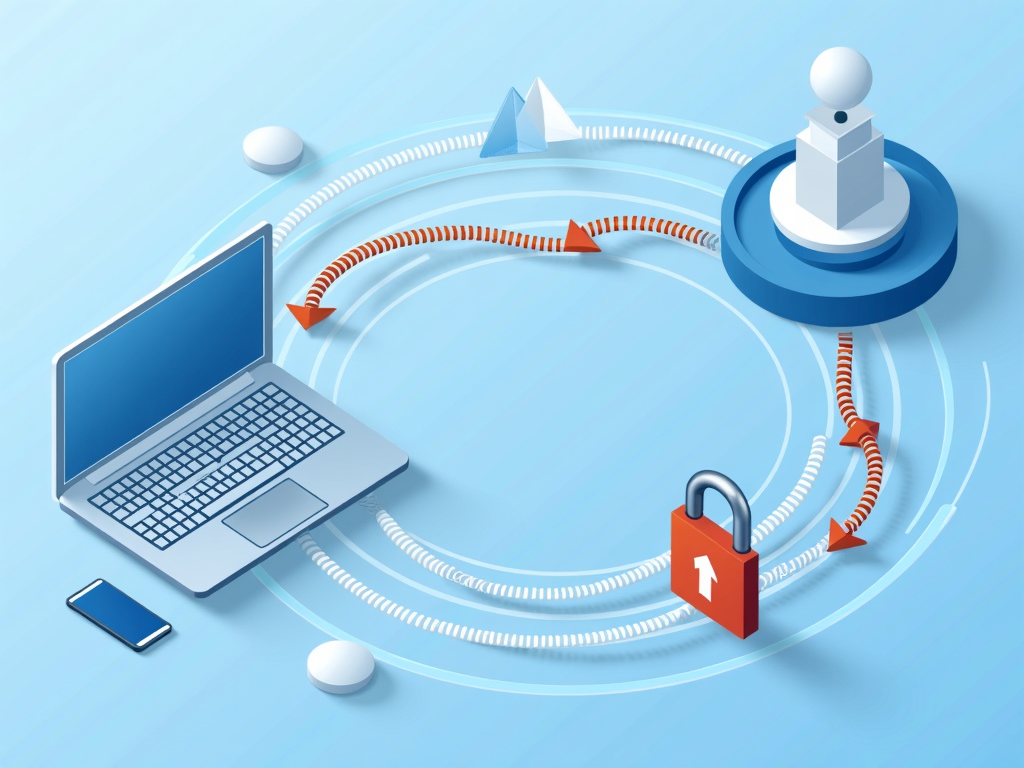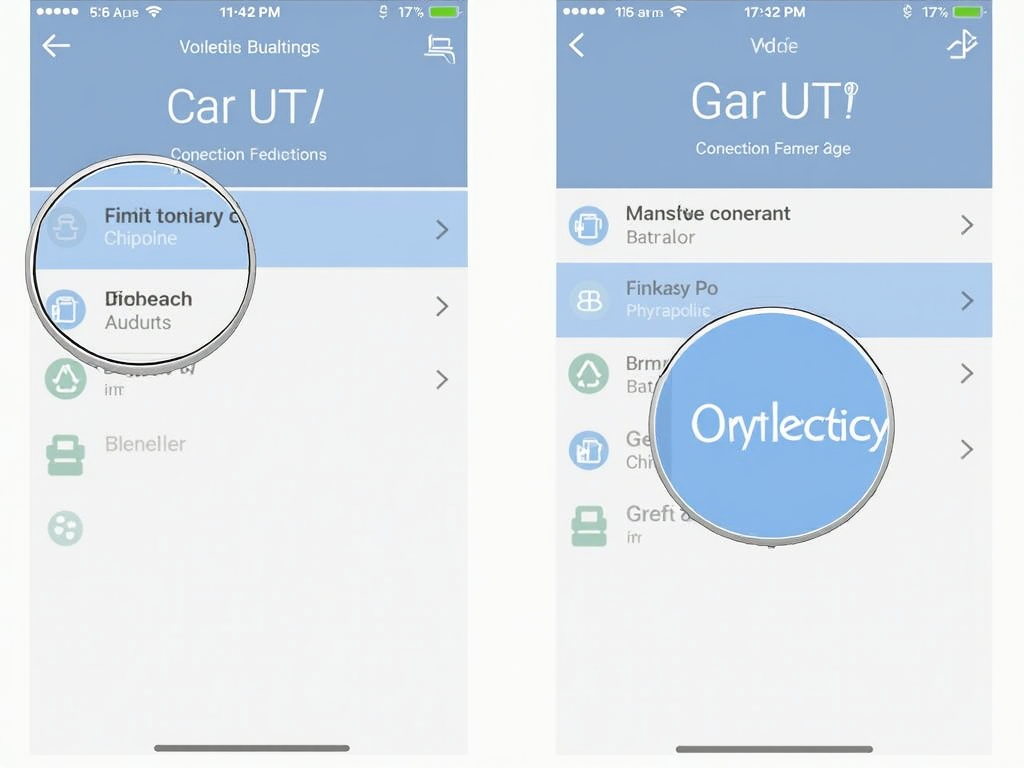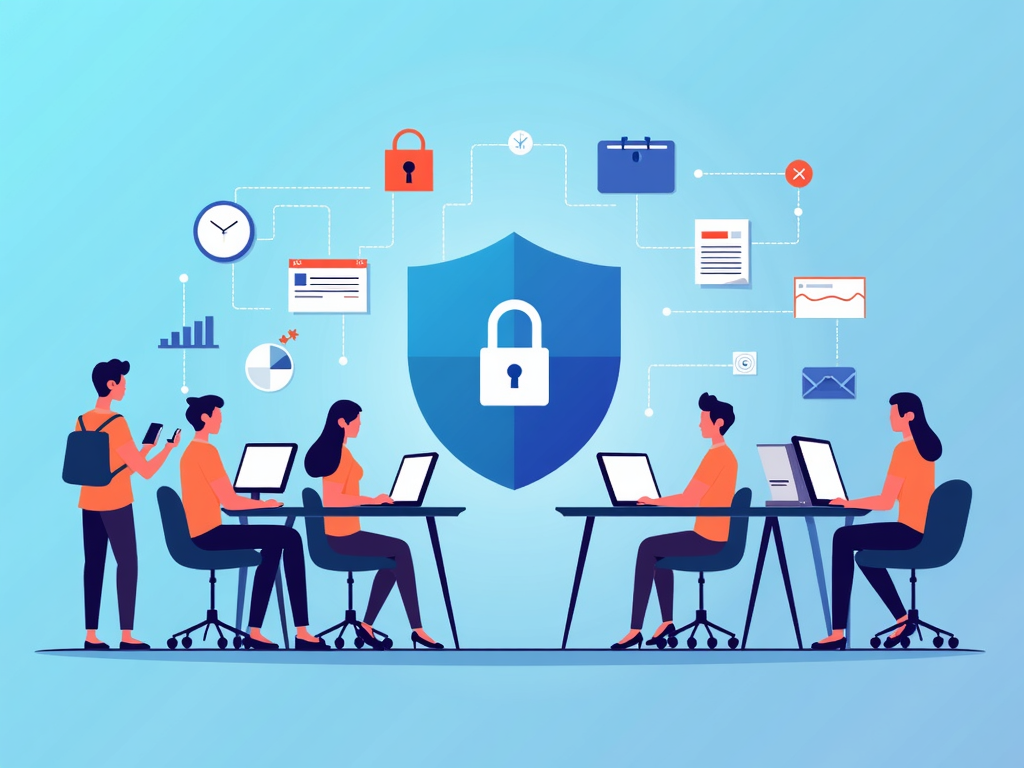How to Pick the Right VPN for You: A Comprehensive Guide
In today's digital age, protecting your online privacy and security is more important than ever. With cyber threats on the rise and increasing concerns about data privacy, using a Virtual Private Network (VPN) has become a popular solution for many internet users. But with so many VPN options available, how do you pick the right one for you? This comprehensive guide will walk you through everything you need to know to make an informed decision.

What is a VPN and Why Do You Need One?
A VPN, or Virtual Private Network, is a tool that creates a secure, encrypted connection between your device and the internet. It masks your IP address, making your online activities more private and protecting your data from hackers, especially when using public Wi-Fi networks. VPNs also allow you to bypass geo-restrictions, giving you access to content that may be blocked in your region.
Whether you're working remotely, streaming your favorite shows, or simply browsing the web, a VPN can provide an extra layer of security and freedom. But not all VPNs are created equal, and choosing the right one requires careful consideration of several factors.

Key Factors to Consider When Choosing a VPN
When selecting a VPN, it's essential to evaluate the following aspects to ensure it meets your needs:
- Privacy and Security: Look for VPNs that offer strong encryption (like AES-256), a strict no-logs policy, and secure protocols such as OpenVPN or WireGuard. These features ensure your data remains private and secure.
- Speed and Performance: Since VPNs can sometimes slow down your internet connection, choose a provider known for its fast speeds and reliable performance. This is especially important if you plan to use the VPN for streaming or gaming.
- Server Locations: A VPN with a wide range of server locations allows you to access content from different regions and can improve connection speeds by connecting to a server closer to you.
- Ease of Use: The best VPNs are user-friendly, with intuitive apps for various devices. If you're new to VPNs, look for one with a simple setup process and easy-to-navigate interface.
- Customer Support: Reliable customer support is crucial if you encounter any issues. Opt for a VPN provider that offers 24/7 support via live chat or email.
- Pricing: VPNs come in a range of prices, from free to premium options. While free VPNs may be tempting, they often come with limitations and potential privacy risks. Paid VPNs typically offer better features and security, so consider your budget and what you're getting for your money.

Top 5 Online Privacy Tools Every User Should Have
While a VPN is a powerful tool for protecting your online privacy, it's not the only one. Here are five additional tools that every internet user should consider:
- Password Manager: Helps you create and store strong, unique passwords for all your accounts.
- Encrypted Messaging App: Protects your communications from being intercepted or read by third parties.
- Secure Browser: Offers enhanced privacy features, such as blocking trackers and ads.
- Ad Blocker: Prevents intrusive ads and trackers from following you around the web.
- Two-Factor Authentication (2FA): Adds an extra layer of security to your online accounts by requiring a second form of verification.
Using these tools in combination with a VPN can significantly enhance your online privacy and security.

How to Evaluate VPN Providers
With so many VPN providers on the market, it's important to do your research before making a decision. Here are some tips for evaluating VPN providers:
- Check the Company's Reputation: Look for providers with a strong track record and positive reviews from users and experts alike.
- Read Independent Reviews: Websites like PCMag, CNET, and TechRadar often publish in-depth VPN reviews and comparisons.
- Look for Independent Audits: Some VPN providers undergo independent audits to verify their no-logs policies and security practices. This can be a good indicator of trustworthiness.
- Test the VPN Yourself: Many VPNs offer free trials or money-back guarantees, allowing you to test their service before committing.
By taking the time to evaluate different VPN providers, you can find one that best suits your needs and preferences.

Common Mistakes to Avoid When Choosing a VPN
When selecting a VPN, it's easy to make mistakes that could compromise your privacy or waste your money. Here are some common pitfalls to avoid:
- Choosing a Free VPN: While free VPNs may seem appealing, they often come with significant drawbacks, such as slower speeds, limited server options, and potential data logging. Some free VPNs may even sell your data to third parties.
- Ignoring the Privacy Policy: Always read the VPN's privacy policy to ensure they don't log your data. A reputable VPN should have a clear, transparent policy.
- Not Checking Device Compatibility: Make sure the VPN supports all the devices you plan to use it on, whether it's your computer, smartphone, or tablet.
- Overlooking Customer Support: If you run into issues, you'll want a VPN provider that offers responsive and helpful customer support.
By avoiding these mistakes, you can ensure you choose a VPN that truly protects your online privacy and security.

Personal Insights and Experiences
As someone who has used VPNs for years, I can attest to their value in protecting online privacy and accessing content from around the world. For example, when traveling abroad, I've used a VPN to securely connect to public Wi-Fi networks and avoid potential cyber threats. I've also used VPNs to watch shows and movies that aren't available in my region, which has been a game-changer for my entertainment options.
One thing I've learned is that not all VPNs are created equal. Some are faster and more reliable than others, and it's worth investing in a reputable provider to ensure you get the best experience. I've also found that using a VPN in combination with other privacy tools, like a password manager and ad blocker, provides a more comprehensive approach to online security.
Overall, choosing the right VPN can make a significant difference in your online experience, offering peace of mind and greater freedom on the internet.

Summary and Recommended Readings
In summary, picking the right VPN involves considering factors like privacy and security, speed and performance, server locations, ease of use, customer support, and pricing. It's also important to avoid common mistakes, such as choosing a free VPN or ignoring the privacy policy. By doing your research and evaluating different providers, you can find a VPN that meets your needs and protects your online privacy.
For more information on online privacy and security, check out the following articles: